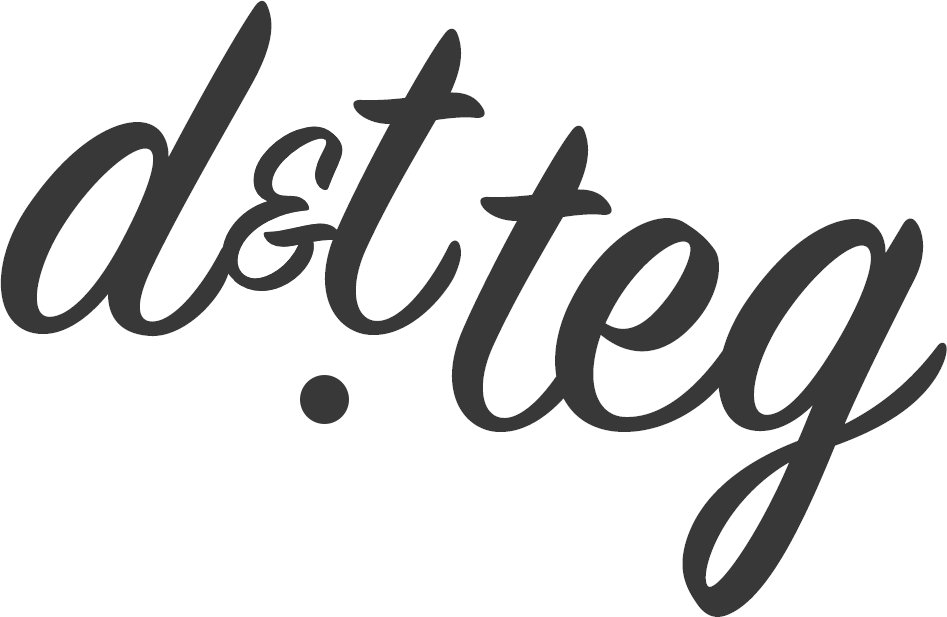David Morrison-Love and Fiona Patrick, University of Glasgow.
What began as a small scholarship project to help student teachers integrate theory with practice has led us to rethink our approach to teacher education. In this first of two blogposts, we ask some provocative questions that came out of our research. In the second, we explain our new approach to help student teachers use evidence and experience to inform their classroom practice.
Lesson planning and standardised lesson plans have become accepted as the ideal approach to developing classroom practice. But we identified three main concerns with this approach that prevented our students from developing effective, evidence-based pedagogical expertise in:
- the way that seemingly innocuous lesson plans shape approaches to teaching and learning;
- the overdominance of a narrow range of ‘learning theories’;
- the pace of professional learning
We’ve developed some questions and ‘what ifs’ to consider what teacher education could be if we thought creatively, courageously and flexibly. If, as well as being evidence-based, we let our pedagogic imaginations soar.
“….what we then realised was that… bringing things together wasn’t just exclusive to thinking as a technologist, now we’d… argue that… as a technologist, what you [have to be] good at is… bringing together lots of different types of knowledge and synthesising them towards a technological end…”
Click here to list to David talking about theory and pedagogy with Dr Alison Hardy on the Talking D&T Podcast.
Talking D&T Podcast Episode 79, 5 October 2021
Question 1: Why do we need a ‘lesson plan’?
Teaching students are often asked to fill in standardised lesson plan proformas working from lesson aim(s) and learning intentions. The focus is on what is to be learned and how it will be assessed rather than on who will be learning and how. This behaviourist approach seems ingrained in teacher education without being acknowledged explicitly.
Lesson plans tend to present teaching and learning as segmented, atomised procedures. In our experience, students often struggle to ‘populate’ plans, and responses can be formulaic rather than engaging, creative and well-reasoned. We believe the ‘lesson plan’ stultifies student teacher creativity, makes it difficult for them to reveal the reasoning behind their pedagogic choices, and doesn’t take enough account of disciplinary contexts.
Experience tells us that effective teaching depends on the artistry and creativity of the teacher, as well as informed understanding of subject, curriculum and pedagogies. It can’t be reduced to a static formula. Rather than start with rigid lesson plans, ‘learning intentions’, and content to be ‘delivered’, why not adopt approaches that put what is to be learned, who will learn, and who will teach, at the heart of creating learning?
Question 2: Which theories are most appropriate for our students to explore?
We worry about approaches to teaching and learning that seem to misinterpret social constructivism or position this as a dominant, generically applicable, learning theory. Theories of learning (and pedagogy) should be appropriate for what and who we teach. Teaching students need space to explore a range of theories and research relevant to the curriculum area or subject they’re teaching so that they gain understanding of how particular subject skills and concepts might be learned.
We won’t pretend that teaching is easy, or that understanding theories and research comes without effort. But if teacher education isn’t founded on sophisticated understanding of the richness of educational theories and research, then we run the risk of teachers relying on ‘toolkits’ of teaching techniques. We don’t think these are enough to create learning that enriches and enables.
Question 3: Can we slow it down?
We think we try to cover too much in teacher education programmes. Preservice teachers often don’t have the time to explore anything in much depth. Theories are presented, lessons are ‘planned’, discussions are ‘facilitated’, classroom skills are ‘practised’. But hand on heart, how much of what we do as teacher educators really cultivates ‘deep knowledge by provoking attention, pleasure, and quality in learning through pedagogy’ (de Luca et al, 2021)?
And so, what if…
- …we called time on behaviourism, stopped talking about ‘lesson plans’, and stopped relying on aims and learning intentions? If instead we thought about how to create ‘deep knowledge by provoking attention, pleasure, and quality in learning’ for our students and for pupils in schools? How might we do this?
- …we covered less, and explored deeply instead? How might we slow down the learning to give space for student teachers to explore, understand, create, innovate, and gain expertise in theories and research appropriate for the subject/curricular areas they will teach? Less really might be more.
What next?
These questions came from our study exploring how we might support out students with using evidence from theory and research to inform their classroom practice. We have developed a new model [name of model] and we are seeing evidence that the model is beginning to help students think about theories and research in a generative way, rather than retrofitting lesson plans to theory.
In our second post (later in the academic year) we will explain the model and show how our students are using it to develop their D&T classroom practice. Watch this space.
Reference
DeLuca, C., Searle, M., Carbone, K., Ge, J. & LaPointe-McEwan, D. (2021). Toward a pedagogy for slow and significant learning about assessment in teacher education. Teaching and Teacher Education, Volume 101. DOI: 10.1016/j.tate.2021.103316


